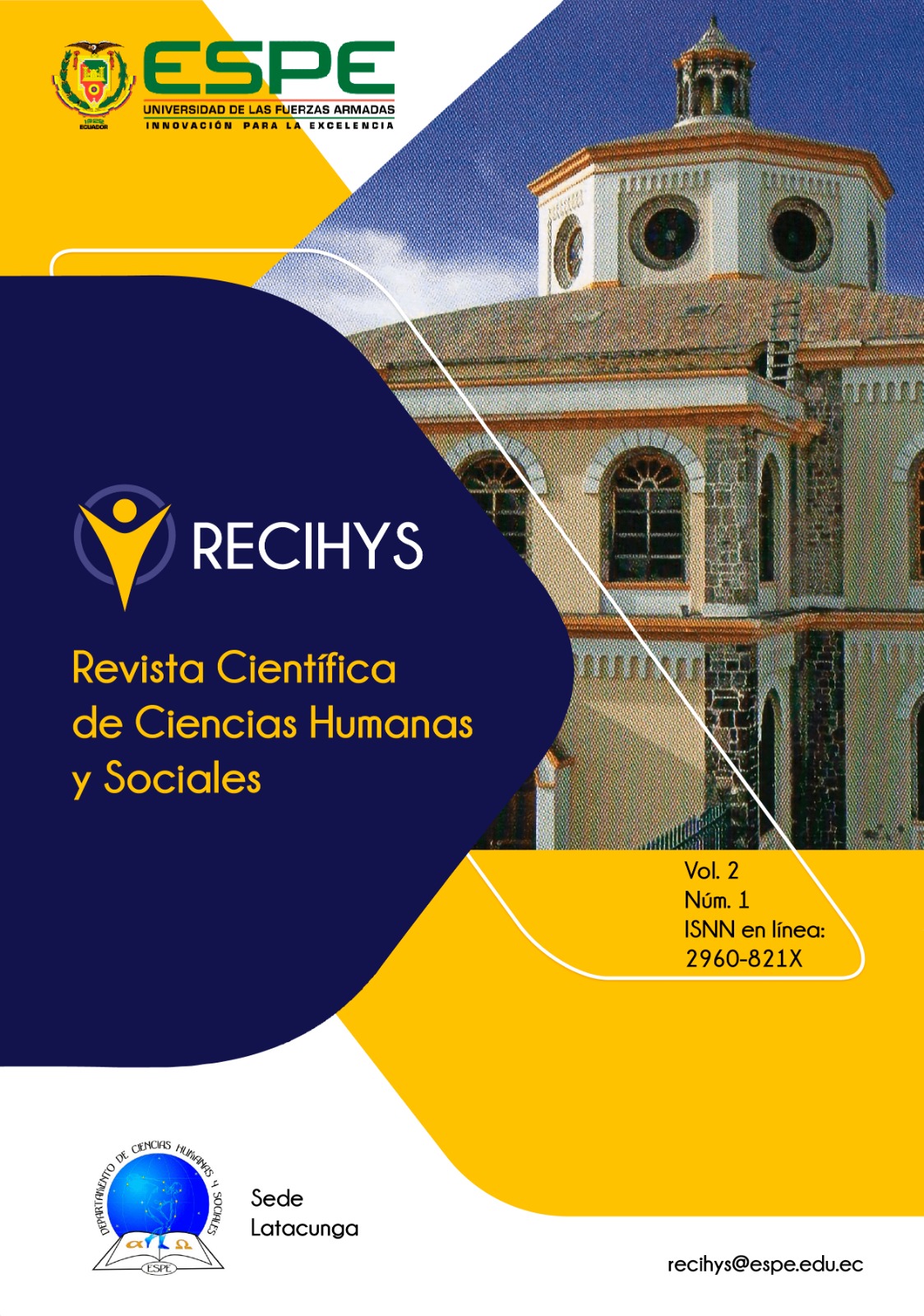Gamification as a methodological strategy in students with hearing limitations at the Pichincha University Institute.
Main Article Content
Abstract
This research focuses on identifying the importance of gamification as a methodological strategy to dynamize the teaching-learning processes of students with hearing limitations at Tecnológico Universitario Pichincha. Different techniques were used to collect data, such as structured interviews, which facilitated their interpretation and hermeneutic analysis; a focus group facilitated the collection of opinions, experiences and expectations of deaf students of the Human Resources Management Career.
As important findings, it was determined the need to suggest the implementation of strategies based on gamification in the inclusive groups of the Institute, including teacher training and strategy design. In conclusion, gamification constitutes a viable alternative for the learning of hearing impaired students that will strengthen their participatory skills, meaningful learning, creative thinking and autonomy.
Downloads
Article Details

This work is licensed under a Creative Commons Attribution-NonCommercial-NoDerivatives 4.0 International License.
Authors who publish in this journal agree to the following terms: Authors retain the copyright and guarantee the journal the right to be the first publication of the work, as well as, licensed under a Creative Commons Attribution License that allows others share the work with an acknowledgment of the authorship of the work and the initial publication in this journal. Authors may separately establish additional agreements for the non-exclusive distribution of the version of the work published in the journal (for example, placing it in an institutional repository or publishing it in a book), with acknowledgment of its initial publication in this journal. Authors are allowed and encouraged to disseminate their work electronically (for example, in institutional repositories or on their own website) before and during the submission process, as it may lead to productive exchanges as well as further citation earliest and oldest of published works.
How to Cite
References
Aguilar, J. (2008). Manual de atención al alumnado con necesidades específicas de apoyo educativo derivadas de discapacidad auditiva. Dirección General de Participación y Equidad en Educación.
Deterding, R., Dixon, D., Khaled, R. & Nacke, L. (2011). Gamification: Toward a Definition. International Journal of Human-Computer Studies.Fernández Batanero, J. M. (2018). TIC y la discapacidad. Conocimiento del profesorado de Educación Especial. Hekademos: revista educativa digital, 24, 19-29.
Hernández – Sampieri, R. y Mendoza, C. (2018). Metodología de la investigación. La ruta cuantitativa, cualitativa y mixta. Ed. Mac Graw Hill Education, Ciudad de México.
Iglesias, S. & García-Rierola, E. (n.d.). Aproximación conceptual en la enseñanza y aprendizaje en la era digital. Ensenyament i aprenentatge en l'era digital. Retrieved February 10, 2024.
Kapp, K. (2012). The Gamification of Learning and Instruction: Game-based Methods and Strategies for Training and Education. Wiley.
Ministerio de Educación del Ecuador. (2019). Modelo Educativo Nacional Bilingüe Bicultural para Personas con Discapacidad Auditiva [Manual digital]. In El enfoque socio antropológico en la educación (1ra. Edición. ed.).
Organización Mundial de la Salud. (2023). Sordera y Pérdida Auditiva. OMS.
Rodríguez-Jiménez, C., Navas-Parejo, M., Santos, M. & Fernández, J. (2019). El Uso de la Gamificación para el Fomento de la Inclusión Inclusiva. International Journal of Education, 3(3), pp. 40-59.
Sanchez, Y., & Flores, M. (2019). Retos de la inclusión educativa: Dificultades de aprendizaje en la diversidad funcional auditiva. Quadernsanimacio.net, 5(30), 12.
Serrano, J., & Pons, R. (2011). El Constructivismo hoy: Enfoques constructivistas en educación. REDIE, 13(1), 12.
Tejero, J. (2021). Técnicas de investigación cualitativa en los ámbitos sanitario y sociosanitario. Ed. de la Universidad de Castilla La Mancha.
Trejo, H. (2019). Recursos tecnológicos para la integración de la gamificación en el aula. Tecnología, Ciencia y Educación., 13, 75-117. https://doi.org/10.51302/tce.2019.285
Trenzano, L., & Talavera Nuria. (2022). Gamificación como estrategia para la mejorar la educación inclusiva [Posgrado, Universidad Catalunya]. file:///C:/Users/edcabezas/Desktop/ltrenzanoTFM0122memoria.pdf
Zichermann, G., & Cunningham, C. (2011). Gamification by Design: Implementing Game Mechanics in Web and Mobile Apps. O'Reilly Media.

